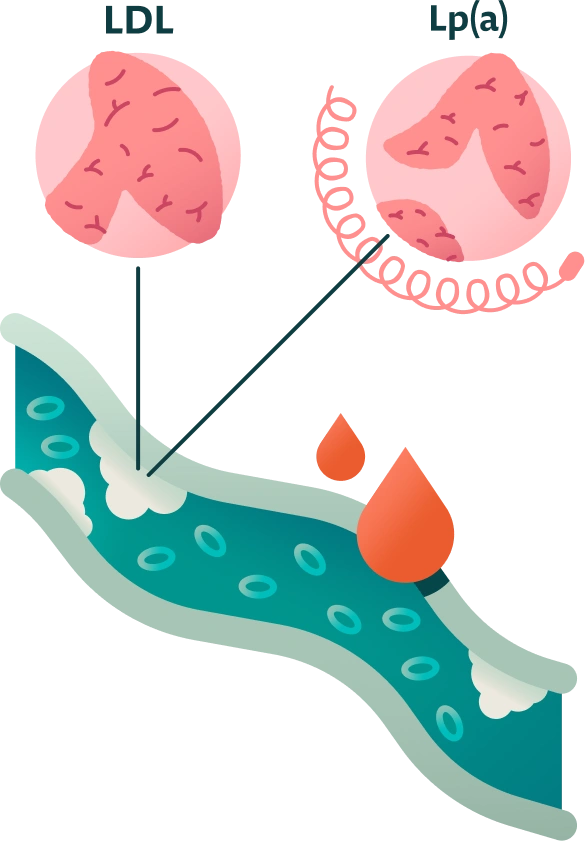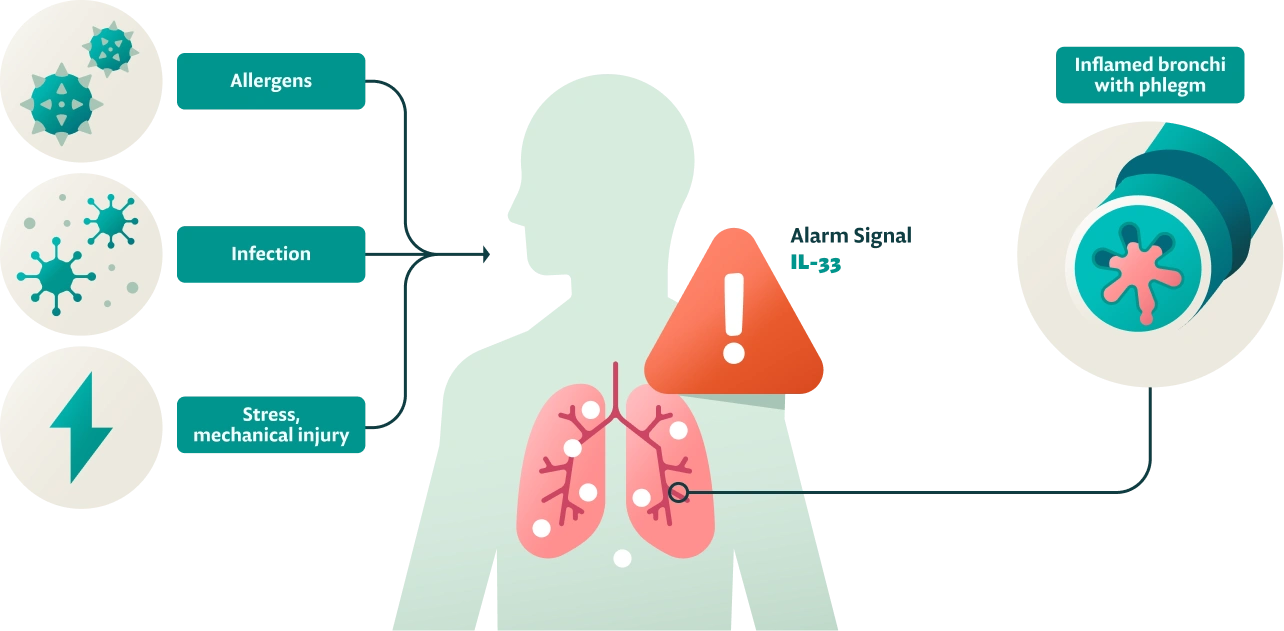Health Research Overview

Health Research Is Reshaping the Future
Health research is a vital part of our livelihood and well being. We seek out the most promising discoveries in medical science that help build a healthier future. Explore some exciting areas of research we are currently involved with.

Explore New Advancements in Medical Science
Lp(a) Cholesterol
Lipoprotein(a), or Lp(a), is a lesser-known “bad” cholesterol. At high levels, it can increase the risk of heart attack and stroke, even in people who eat healthy and exercise. About 1 in 5 people have high Lp(a), and it runs in families.
There are currently no approved treatments for lowering Lp(a), but doctors are actively studying new potential medications that may lower high levels of Lp(a).

Featuring Dr. Erin Michos, a Care Access Cardiovascular Advisory Board member








Alzheimer’s Disease
What if it were possible to detect Alzheimer’s disease before it strikes?
Researchers may have found a way to identify who is at risk of getting Alzheimer’s using a simple blood test. Additionally, further research is being conducted on investigational medicines that could potentially slow or stop memory loss and other debilitating symptoms of Alzheimer’s.
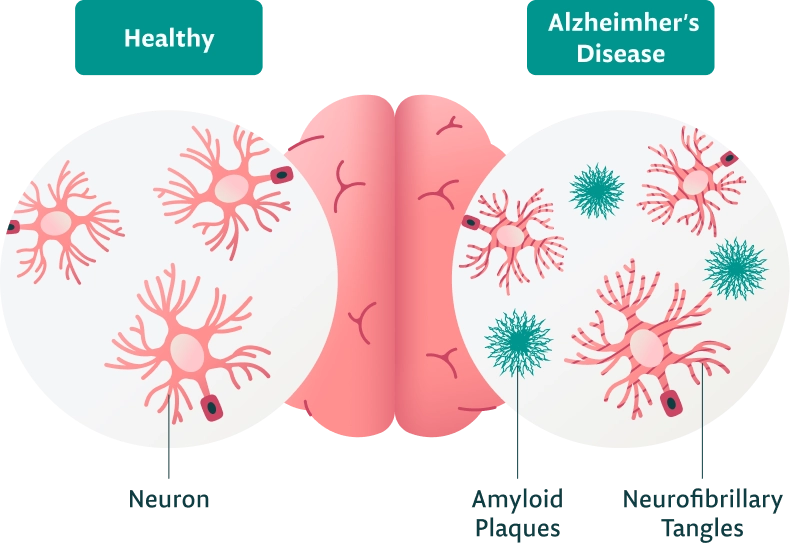
COPD
COPD flare-ups, called exacerbations, can cause serious breathing problems that last several days and require hospitalization.
Research has revealed that the immune system uses a specific molecule, interleukin 33 (IL-33), to signal an inflammatory response when inhaling things that are bad for the lungs. Investigational treatments that regulate IL-33 may be the key to controlling dangerous COPD flare-ups.
Lyme Disease
Lyme disease is caused by Borrelia bacteria found in deer ticks. Bites from infected ticks can cause severe, sometimes permanent symptoms. There is currently no vaccine available to protect against Lyme disease infections.
An investigational vaccine using new mRNA technology may protect from Lyme by raising antibodies that stop Borrelia from moving from ticks to people after a bite.
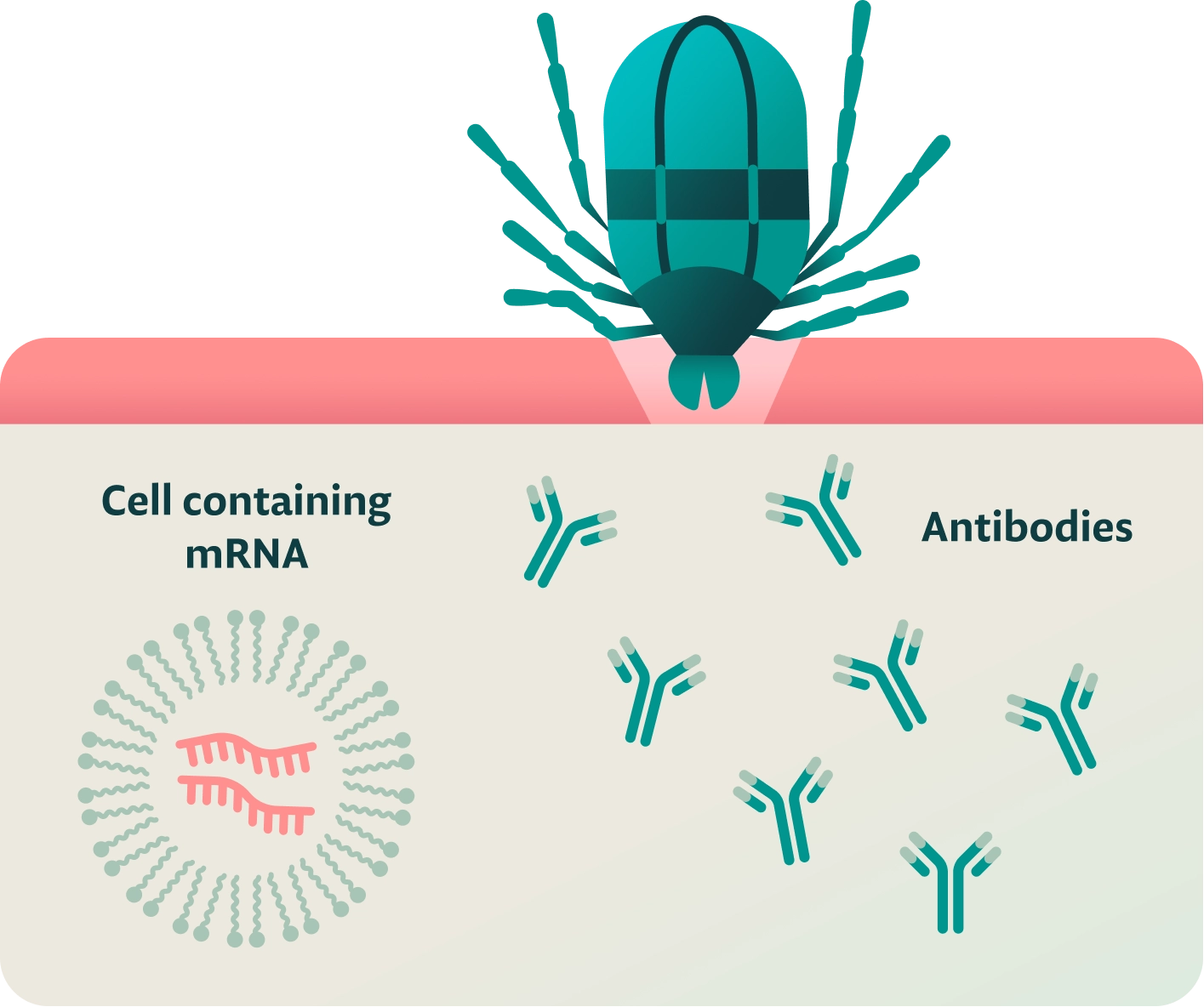

Weight Management
Obesity or excess weight often go together with heart disease, diabetes, kidney disease, and other serious health problems.
Researchers have discovered new ways to precisely target hormones in the body that influence metabolism and body weight. New classes of drugs, such as SGLT2 inhibitors, GLP-1 agonists, and GIP agonists, have been shown to help control blood sugar levels, slow digestion, and make you feel more full after you eat. Researchers are also investigating if these potential medications also reduce the risk of heart disease, diabetes, kidney disease, and more.
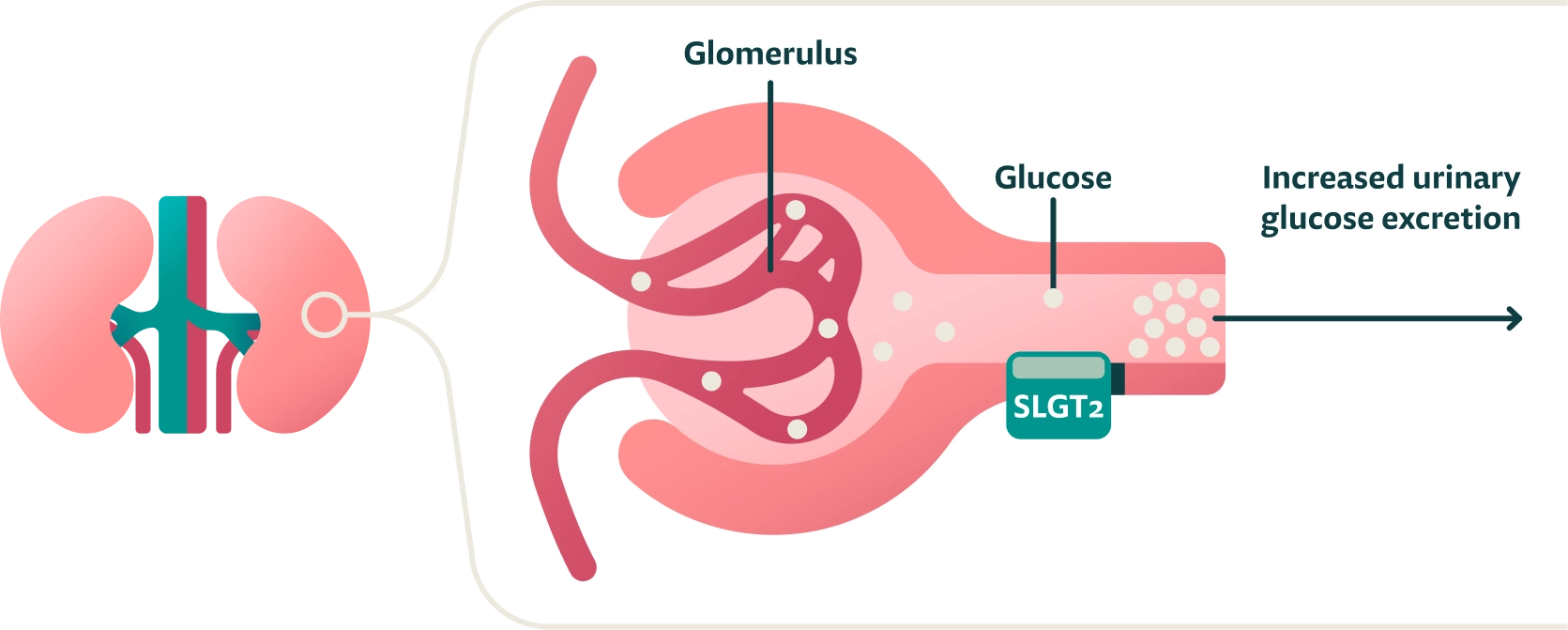


…And Many More Conditions
These are just a few examples of the groundbreaking research that Care
Access supports. New medical discoveries are revolutionizing all
aspects of health, and Future of Medicine members are helping drive it
forward.
We also partner with research sponsors to support
many other types of health research studies, such as:
- Cancer
- Diabetes
- Epstein-Barr virus, the virus that causes mono
- Liver disease
- Heart failure
- Atherosclerotic cardiovascular disease (ASCVD)
- Atrial fibrillation (AFib)
- Inflammatory bowel disease (IBD)
- COVID-19
- Eczema
- Psoriasis
- Asthma
- Celiac Disease
- E. coli infection

How Does Health Research Work?
Health research helps build a better future, and it can’t be done without people like you. So how does research participation work?
